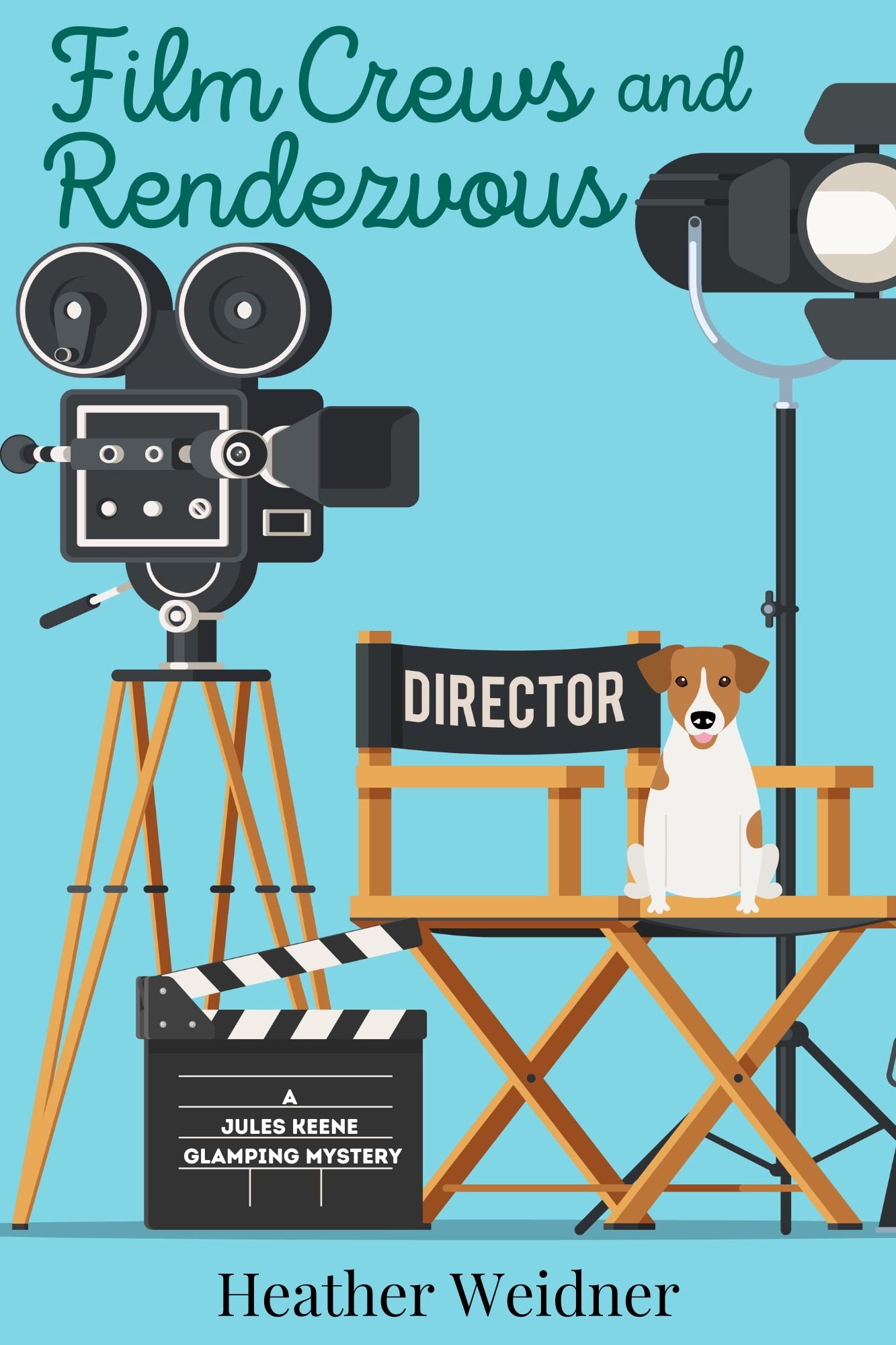Some Behind the Scenes Secrets...
/I love finding Easter eggs (surprises hidden by the developers) in software and bloopers in films. Here are a few secrets from my mysteries that you may not have known about…
In the Delanie Fitzgerald Mysteries, I often named police, waiters, EMTs, lawyers, and other minor characters after some of my favorite pop culture folks. You’ll see some 80s rockers and 70s TV characters serving some amazing dishes or keeping law and order.
In the Jules Keene Glamping Mysteries, Jules themes the vintage trailers and the tiny houses. Her special décor ties in with the camper like the 1947 Robin Hood Trailer that is decked out in honor of its namesake, the 1959 Sunliner Caravan that sported a posh pink Barbie fashion design in honor of the year that the camper and the doll debuted, and the 1953 Redman New Moon, decorated in honor of Desi Arnaz and Lucille Ball’s movie from the same year, The Long, Long Trailer. The tiny houses all have a book or author themes and fun amenities like a revolving bookcase or a reading nook for the guests to enjoy. These are named for Beatrix Potter, Bram Stoker, A. A. Milne, and L. Frank Baum. (And I may have been watching The Tiger King at the beginning of the pandemic when I wrote Christmas Lights and Cat Fights.)
I am a huge 80s pop culture fan. Jules is named for Demi Moore’s character in St. Elmo’s Fire. Her last name is a tribute to all the women who wrote the Nancy Drew mysteries under the pseudonym of Carolyn Keene. Jake is named for Jake Ryan from Sixteen Candles.
In the Pearly Girls Mysteries (May 2024), the bigger-than-life Chihuahua (at least in his own mind) is named for the one and only Elvis. The four “Golden Girls” who help Cassidy with her event planning business (and her love life) are named for my grandmothers, great-grandmother, and my grandmother’s best friend. And the handsome new bartender in town is named after Austin Butler (who recently played Elvis). I know, there’s a pattern here.













